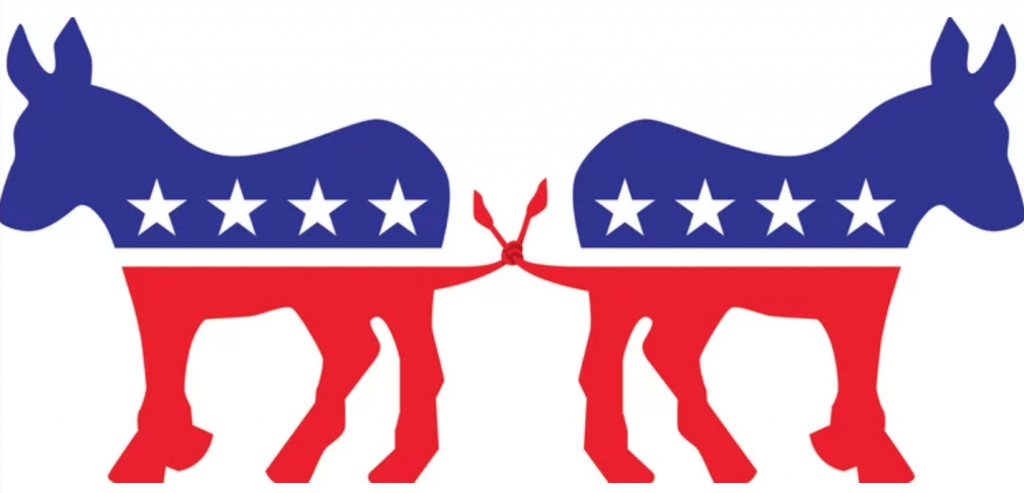By Theri Aronson ’20 and Ittai Sopher (PZ ’19)
Staff Writers
After a recount, on Monday, Shayok Chakraborty PO ’19, learned that he won a position as a local delegate for the California Democratic Party convention. While this position does not hold legislative capabilities, a delegate still holds the ability to shape the California Democratic platform.
“What was most important to me was that [delegates] vote on who the party endorses and what kinds of props they endorse,” Chakraborty said. “Because these [Propositions] can be really inaccessible sometimes.”
For a month, Chakraborty believed he lost his delegate race by 13 votes. Chakraborty saw this small margin of this loss as a victory since local delegate races generally do not have high turnout rates, especially among younger and nonwhite voters. Although, Chakraborty remains hopeful that in future delegate elections, there will be greater youth representation and racial diversity among the voters and believes that the party leadership can become more representative of the state’s demographics in the future.
“After visiting various polling locations and seeing who was going out to vote, I was not so surprised by the results,” Chakraborty said. “I’m not surprised that out of 14 voters, there were 12 white and just one millennial voter.”
The Democratic Party of California is also trying to change its own image, as the state becomes more liberal. Last July, California Democrats endorsed progressive state senate president and Pitzer alum Kevin De Leon over longtime incumbent Dianne Feinstein, which demonstrates a shifting opinion among state party leaders.
De Leon, who lost his race to 85-year-old Feinstein represents the Democratic establishment control over the party. Despite having had the endorsement of the California Democratic party, and having a platform rooted in farther left ideals than Feinstein, De Leon’s loss ultimately demonstrates how the anti-establishment movement among Democratic voters, as it is often characterized, has yet to take full effect.
“I just think we need a younger, progressive person there,” State Democratic Committee Member Lynne Standard-Nightengale said in an interview with the New York Times. “The Democratic Party in California has moved to the left, and he personifies those values.”
As our attention shifts more toward the 2020 Presidential Election, young and local-level leaders are making headlines. For instance, Mayor Pete Buttigieg of South Bend, Ind. and potential candidate for the 2020 presidential race, formed an exploratory committee back in January.
If Buttigieg, who is scheduled to speak at Scripps on Feb. 27, wins his presidential bid, he will become the youngest president elected at age 39, and not to mention, first openly gay President in U.S. history.
Leaders like Chakraborty, De Leon and Buttigieg represent how the Democratic Party is increasingly looking to younger and more diverse candidates for political office.
“Being from the younger generation is one of the main reasons to run, and why I’m running,” Buttigieg said on “The Late Show with Stephen Colbert” last week. “We are the generation that is going to be on the business end of climate change … No one has more at stake than the younger generation, and who better to deal with those issues than someone who will actually be affected by them?”



